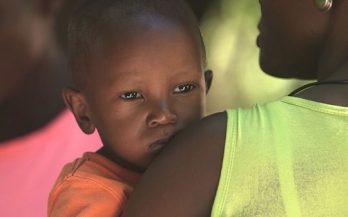

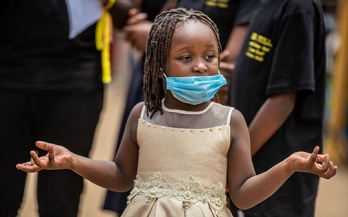
Impact of COVID-19 on Kenya’s Food Systems - Situation Report Edition II
- 24/03/2021
The COVID-19 pandemic and its second wave have continued to negatively impact the livelihoods and threaten the food security and nutrition (FSN) of many households in Kenya. In response to mitigate these impacts, the Global Alliance for Improved Nutrition (GAIN) developed the Keeping Food Markets Working (KFMW) programme to provide targeted support to help sustain core food systems, workers and markets during the COVID-19 emergency.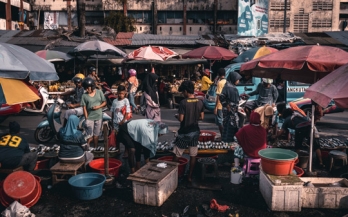
Impact of COVID-19 on Food Systems: A Situation Report V
- 18/03/2021
This Situation Report—the fifth in a series—finds that COVID-19-related control measures continue to have an impact on food systems in 10 countries where GAIN works: Bangladesh, Ethiopia, India, Indonesia, Kenya, Mozambique, Nigeria, Pakistan, Rwanda and Tanzania.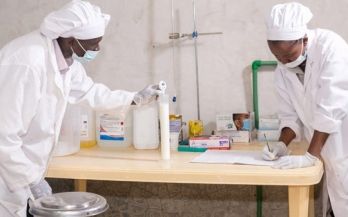
Weathering the pandemic to build back better - Addendum of options for supporting SMEs in Kenya
- 16/12/2020
This document is an Addendum to the Global Options Paper, Weathering the Pandemic to Build Back Better: Options for Supporting SMEs in Low- and Middle-Income Countries. The Global Options Paper is a rapid review and analysis of the challenges facing agri-food SMEs.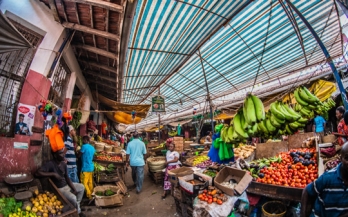
Impact of COVID-19 on Kenya’s Food Systems - Situation Report I
- 14/12/2020
The COVID-19 pandemic is a multiplier of vulnerability, compounding threats to food security and nutrition (FSN), while exposing weaknesses in food systems. This report summarises the current situation of Kenyan food systems amidst COVID-19 with a special emphasis on small and medium-sized enterprises (SMEs) and how nutritious foods value chains are changing.
Impact of COVID-19 on Food Systems: A Situation Report IV
- 02/12/2020
The COVID-19 pandemic is a multiplier of vulnerability, compounding threats to food security and nutrition (FSN), while exposing weaknesses in food systems. In response, the Global Alliance for Improved Nutrition (GAIN) developed the Keeping Food Markets Working (KFMW) programme to provide targeted support to help sustain core food systems, workers, and markets during the COVID-19 emergency.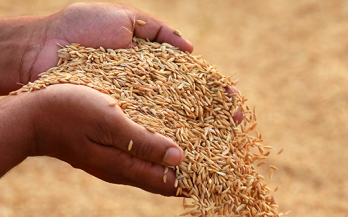
The Commercialisation of Biofortified Crops Programme
- 24/11/2020
The Commercialisation of Biofortified Crops (CBC) Programme was launched in 2019 to address widespread hidden hunger in Africa and Asia by significantly expanding the reach of foods and food products made with biofortified staple crops.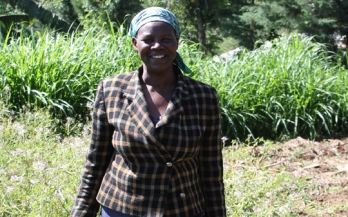
Healthy Diets for Tea Communities
Healthy Diets for Tea Communities is a coalition led by the Global Alliance for Improved Nutrition (GAIN) and the Ethical Tea Partnership (ETP), with funding from with eight leading tea companies to address poor nutrition in tea supply chains in Assam (India), Kenya, and Malawi.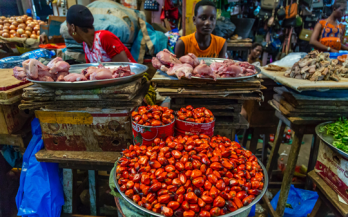
World Food Day 2020: Grow, Nourish, Sustain, Together. Our Actions are our Future
Nairobi , Kenya
The COVID-19 global health crisis has been a time to reflect on things we truly cherish and our most basic needs. These uncertain times have made many of us rekindle our appreciation for a thing that some take for granted and many go without: food.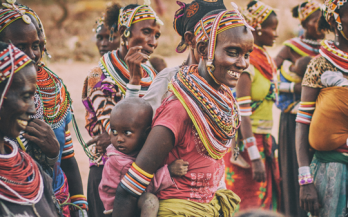
3rd national nutrition symposium
- Nairobi, Kenya
The National Nutrition Symposium is coming at a time when the country is facing the challenges of COVID-19 pandemic and hence the symposium will be held virtually. The symposium will provide an opportunity to dialogue on the role of nutrition in COVID 19 management and modalities for enhancing dissemination of nutrition information.